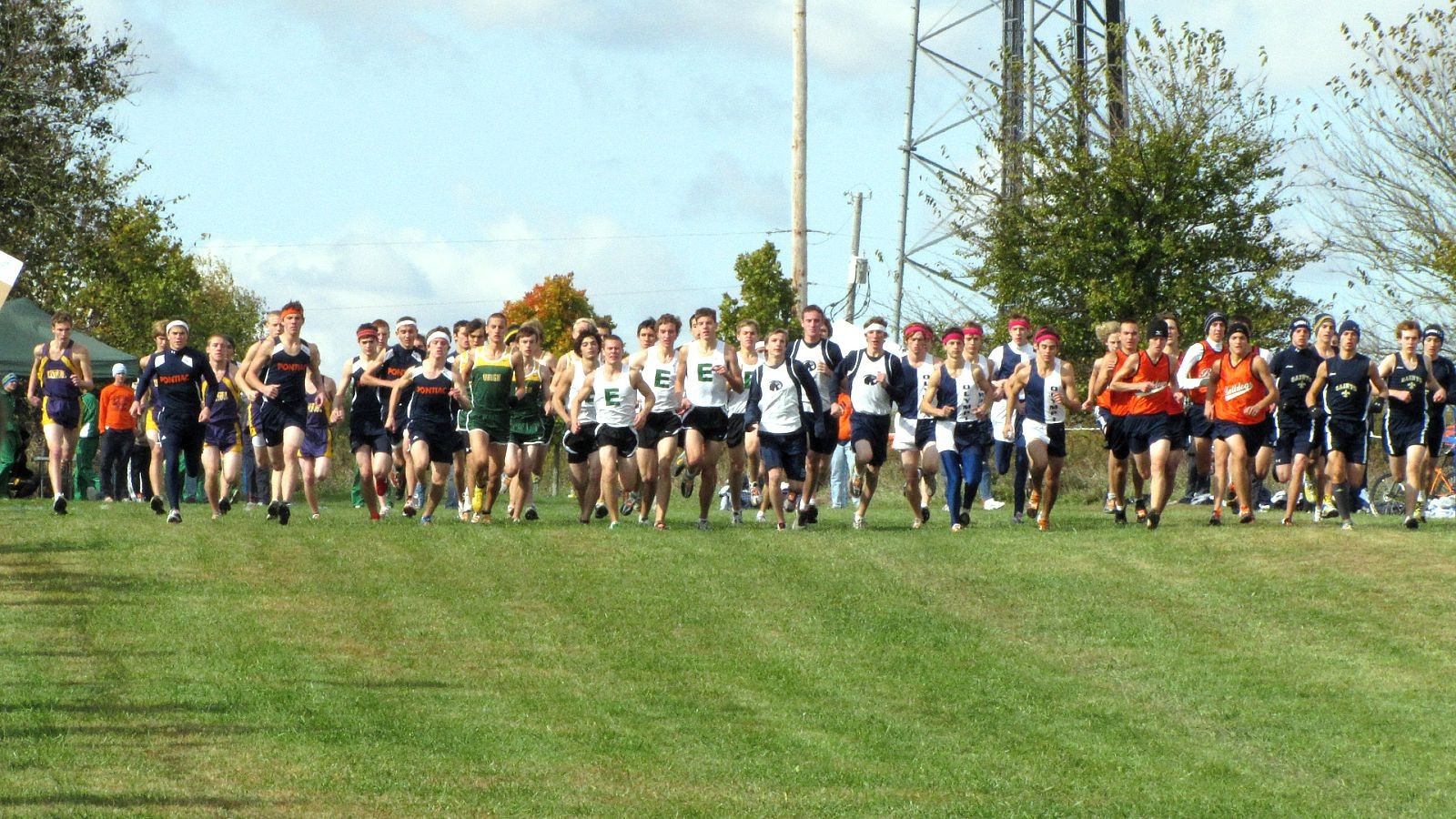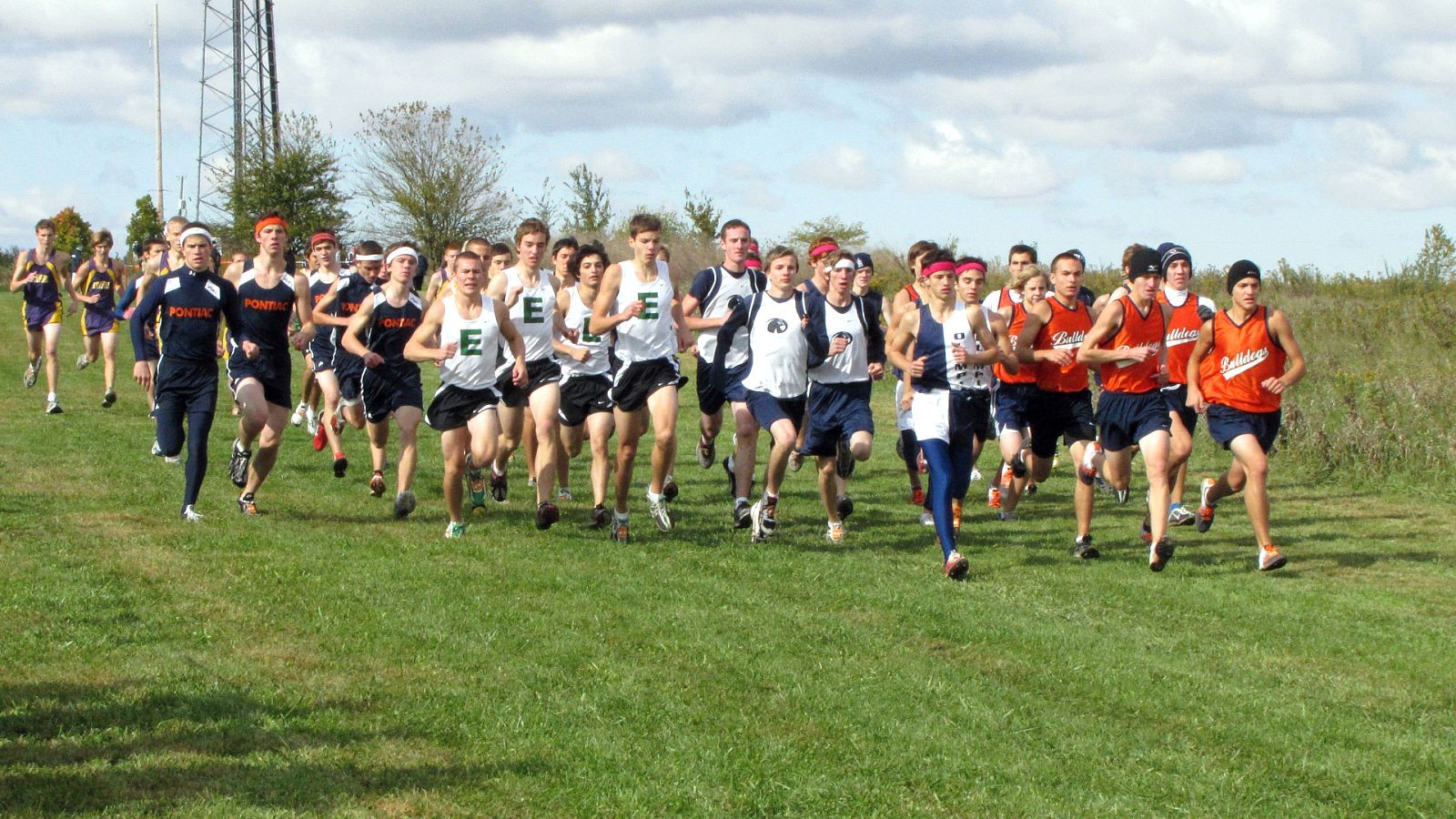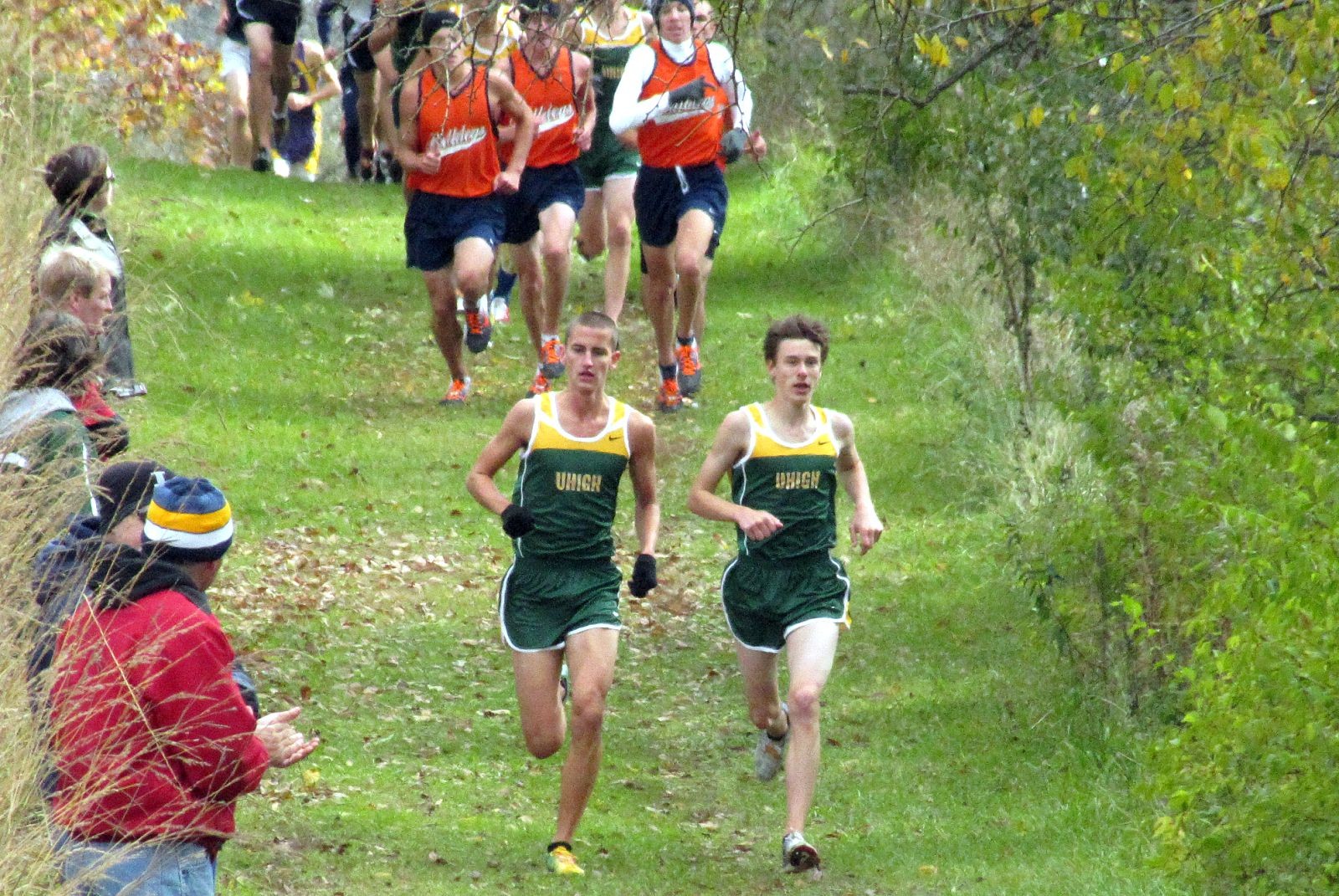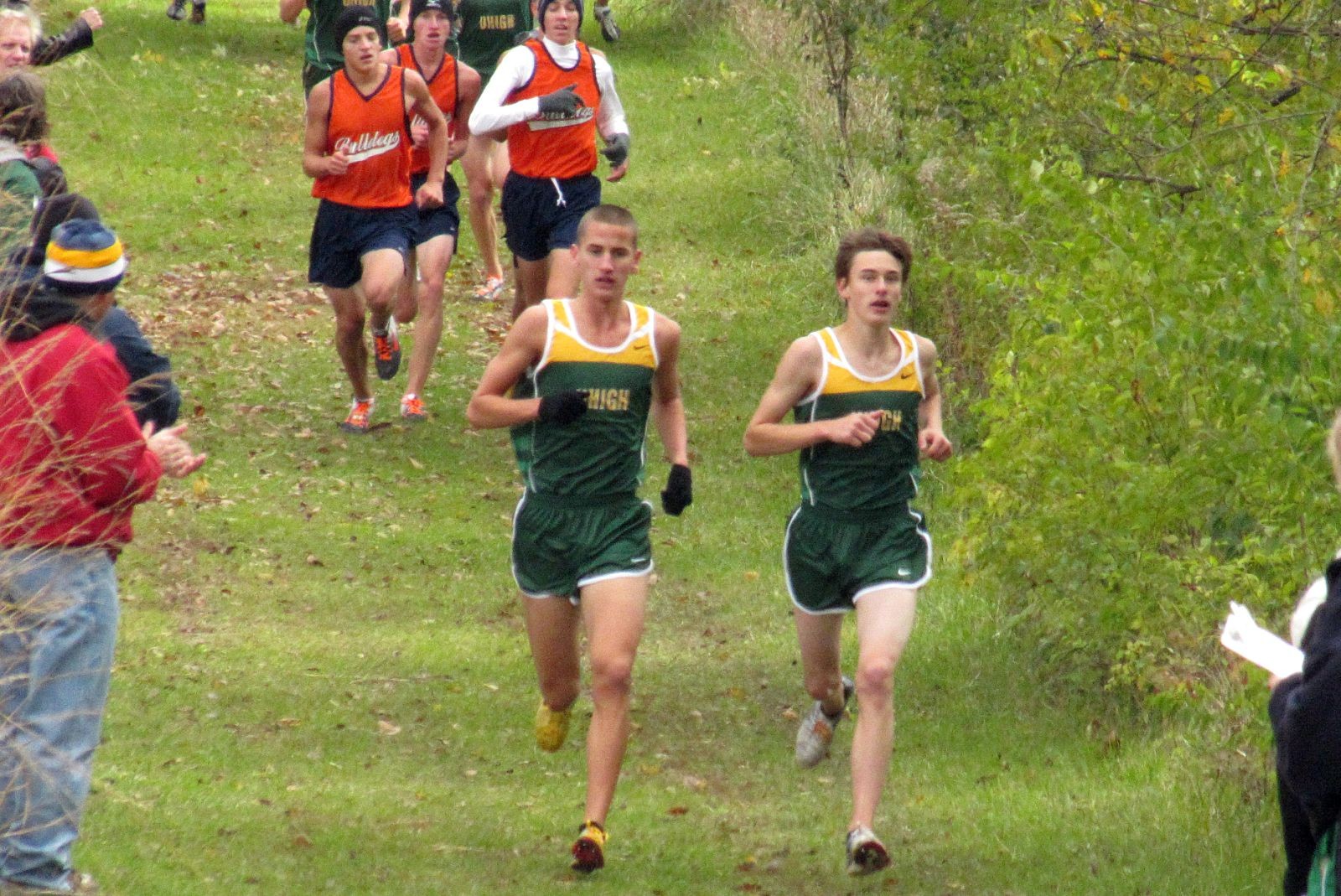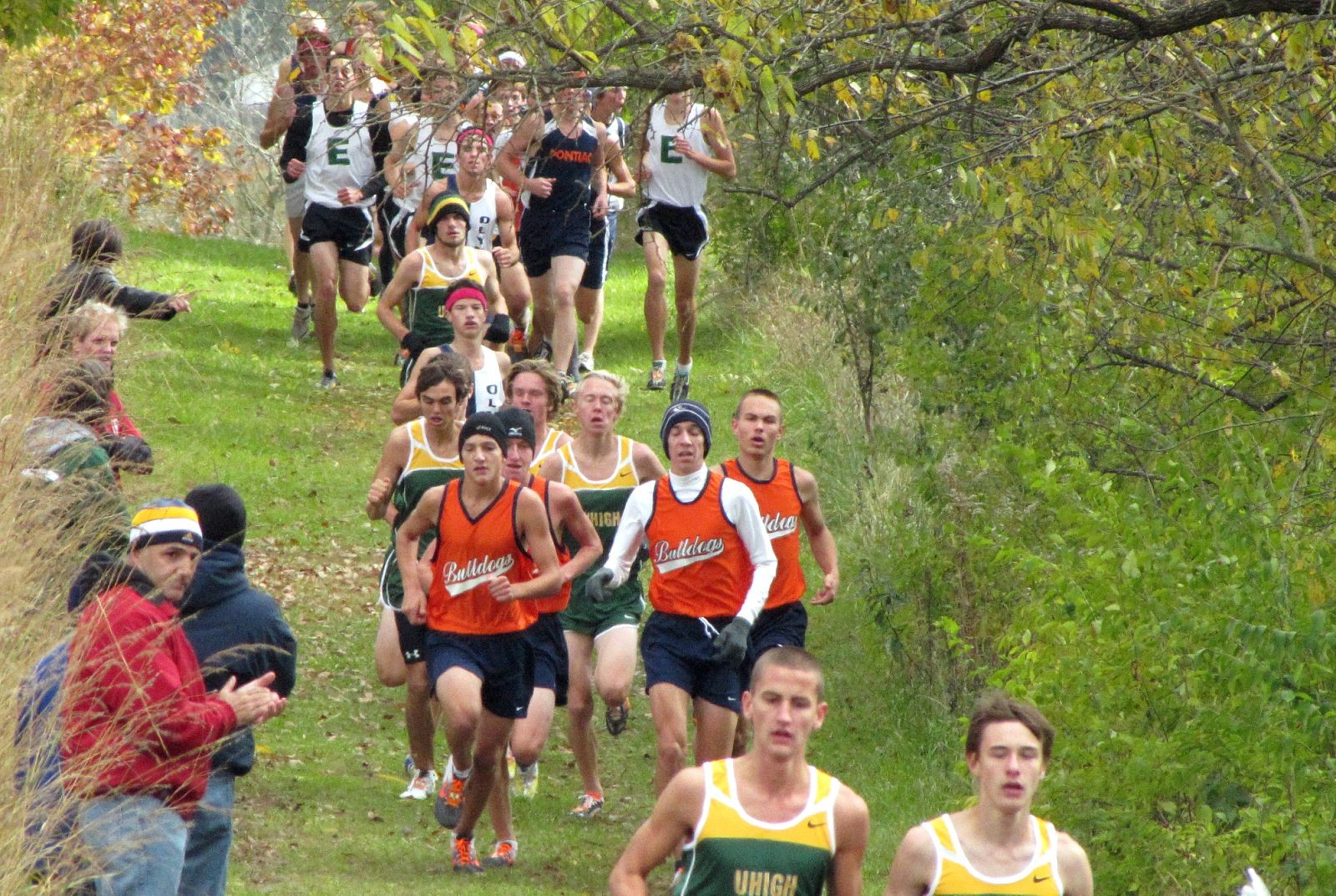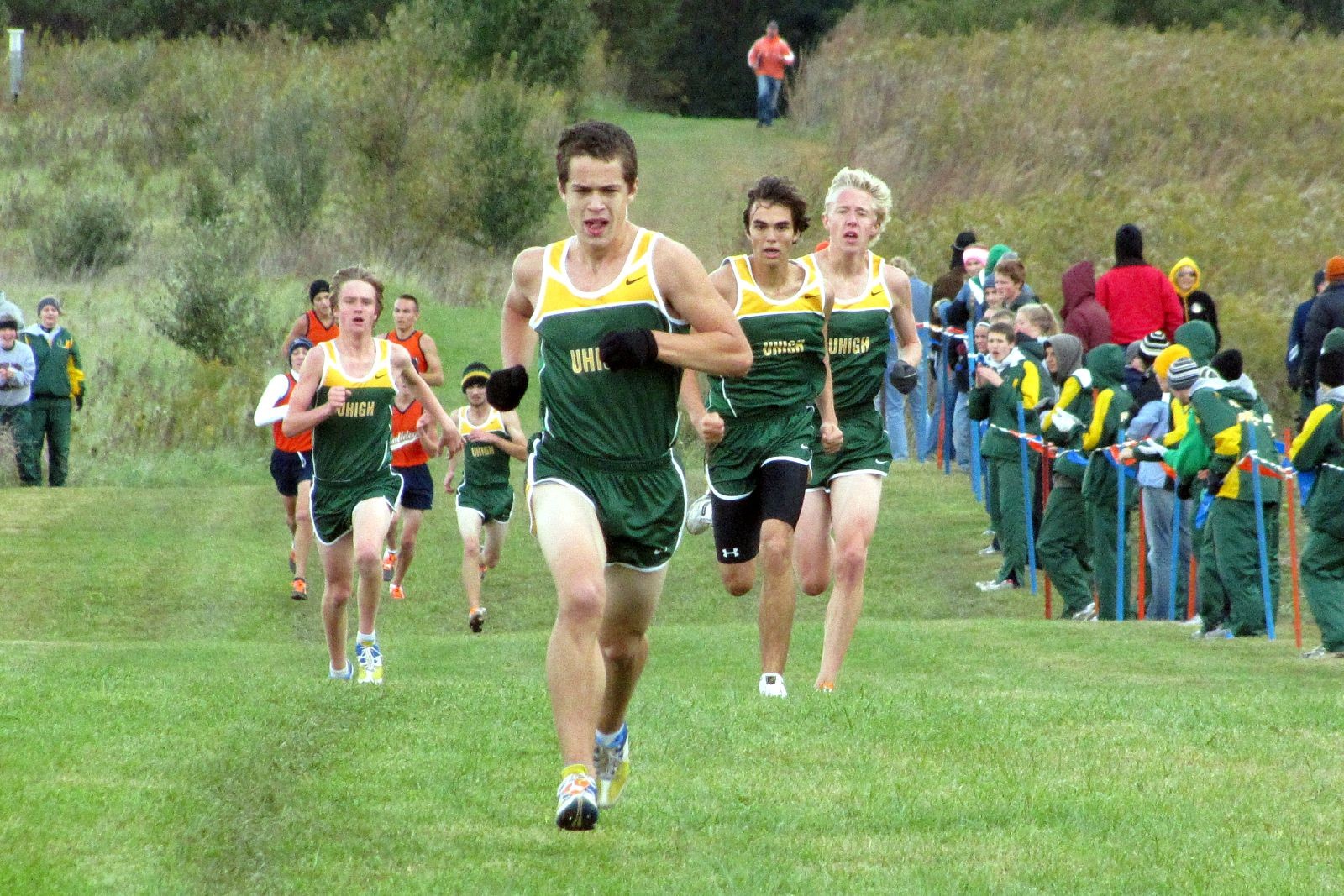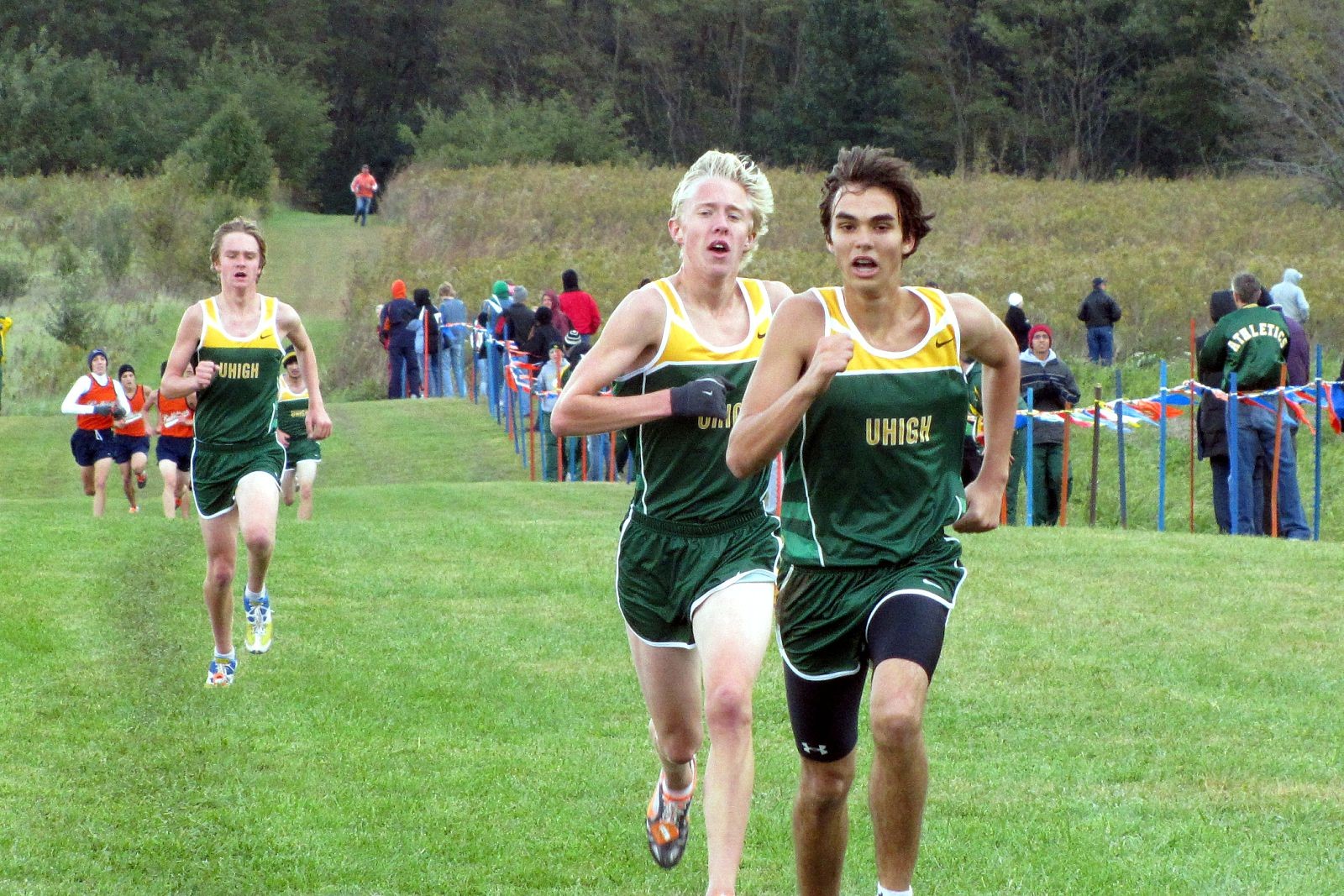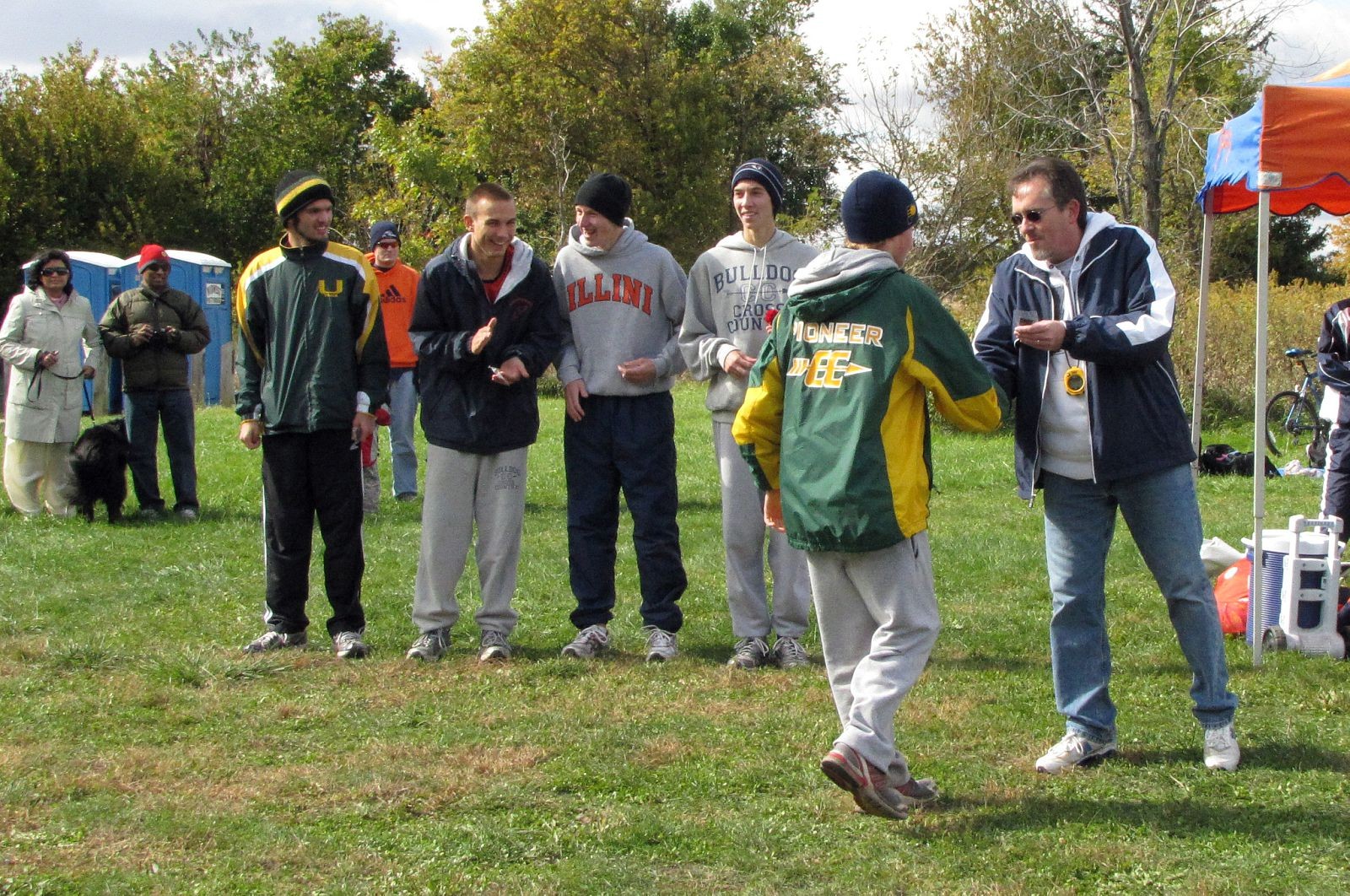|
The Wolf Pack Concept
Running in a pack is highly encouraged by most coaches. Animals have long learned the strength and power of "running" in a pack and working in numbers towards a common goal. Wolves are often most respected and feared for how they use the pack to hunt, defend, and attack. Coaches have taken this concept and tried to apply it to off-season training and racing. It is easy for one runner to give up during a practice or race. When two runners train or race together their success as individuals is multiplied. They encourage each other and push each other when the other is struggling. Both runners will be faced with self-doubt and fatique throughout the run, but usually at different points in the race. This allows the strongest runner to encourage and pull the struggling runner. Collectively much more can be accomplished by running in a pack. The power of the pack is highly contigent upon the loyalty of the group. The strongest runner must resist the urge to take off and leave the struggling runner until the struggling runner regains his strength and begins to push the pack. The power of the pack is highly determined by all the runners in the pack being disciplined. Each runner needs to take their turn leading the pack, encouraging the other runners in the pack, and making sure they don't drop out of the pack when they are feeling weak. If one runner leaves the pack, all the runners lose the benefit of the group. The race belongs to the disciplined. The power of the pack is highly dependent upon a leader in the group. The pack can have more than one leader in the group, but the pack needs at least one runner to be the vocal strong person in the group to make sure everyone is mentally prepared to do their part to keep the pack together and to push the pace. 2009 was the first year since at least 2001 where our team really learned to use the pack concept. It is easy to talk about the benefits of running in a pack, but during the race it is extremely hard to stay disciplined enough to stay in the pack when lactic acid and self-doubt hit the runners. Lucas Prather, John Butcher, John Prillaman, and Henry Wolf had the loyalty, discipline, and leadership to be able to run in a pack. Senior and Captain Henry Wolf took on the alpha male leader of the pack role. Henry encouraged and motivated his fellow teammates to run in a pack in an attempt to be the best that they could be. Henry would often say that he didn't want to make it to State without his teammates. Henry's loyalty to his teammates helped to drive each of the four individuals to be selfless and run stride for stride throughout the race. John B., Lucas, John P., and Henry each took their respective turns pushing the pace and keeping the pack on the set time. The Wolf Pack was caught on film in action at the 2009 Conference meet. 3 of the 4 earned all-conference status at this race. While each of the four runners deserve credit for the pack, we decided to call the pack the "Wolf Pack" in honor of Henry Wolf who lead his team to great success his senior year. |
|
